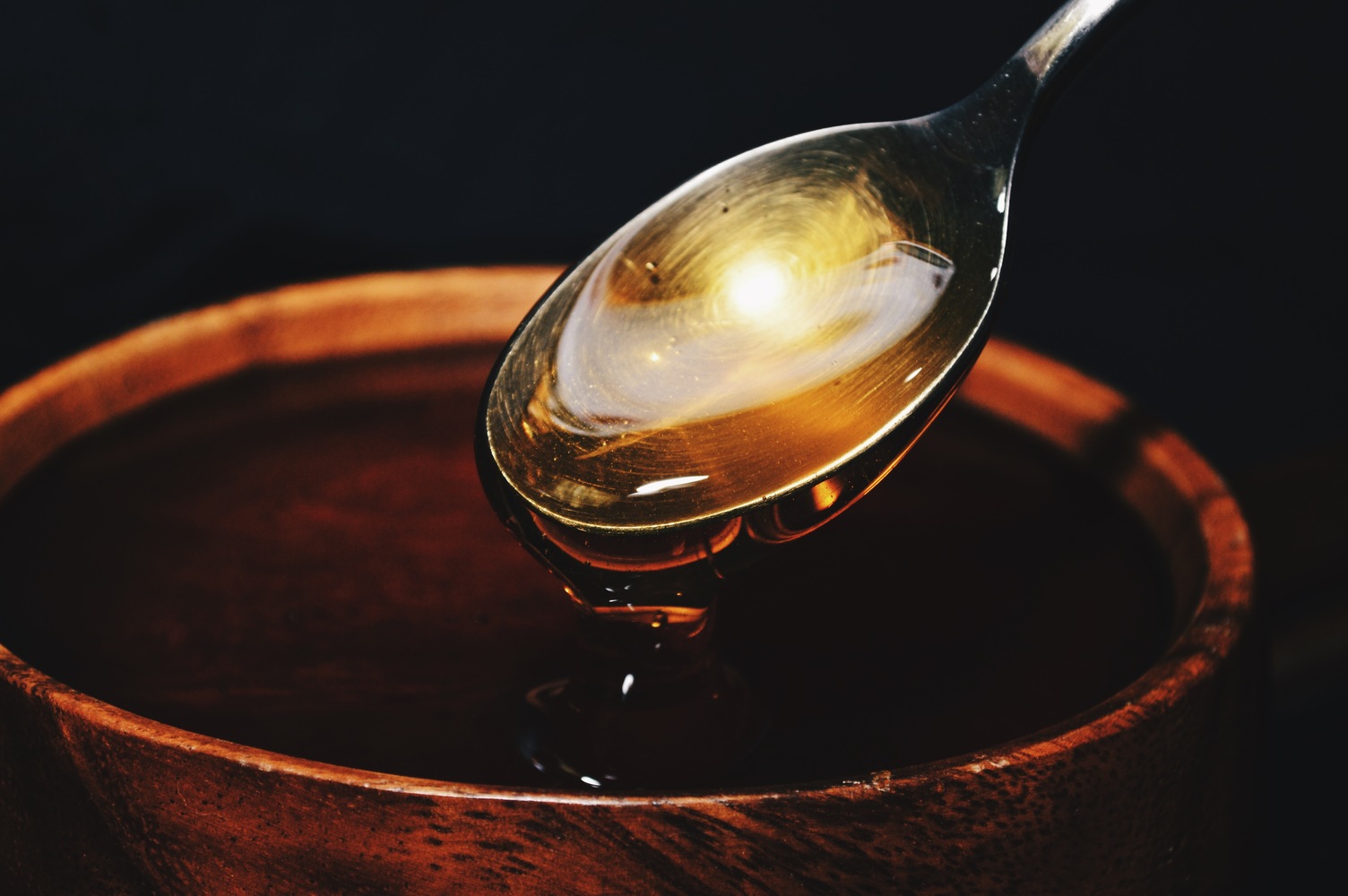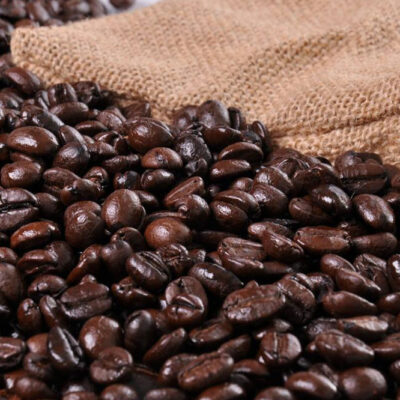
Common Foods That Trigger Epilepsy and Treatment Options
Epilepsy is a condition in which patients experience a disturbance in the nerve cell activity of the brain, which results in seizing. The patient may experience multiple types of seizures—grand mal, petit mal, atonic, and many more. The individual is typically diagnosed via lab tests, and the condition may be the result of a brain injury or genetic factors. Some foods aggravate the incidence of seizing activity and should be removed from one’s diet. In addition, some individuals with “reflex” symptoms of the condition may experience a “trigger” as the result of eating the following foods:
1. Tea or coffee
Tea and coffee in moderation typically don’t trigger an epileptic episode, but some evidence shows that caffeinated drinks may lessen the efficacy of anticonvulsant medications. Most physicians recommend reading the leaflet provided with one’s medication regarding food interactions that could change the way the body metabolizes medications. Even if tea and coffee aren’t indicated to affect one’s medication, the intake of these drinks can create peaks of energy as well as slumps, which could trigger an epileptic episode.
2. White bread
White bread is metabolized by the body as a sugar, so those with epilepsy should swap this type of bread for wholegrain or wheat bread instead. When one eats a lot of sugary foods (or those that are metabolized as sugar), the patient may experience those peaks and slumps of energy previously mentioned. Steady energy levels are less likely to trigger an epileptic episode, so avoid this type of bread as often as possible.
3. Honey
Honey is considered nature’s antibiotic, so why would a person wish to avoid this superfood? Like non-white pasta and bread, and caffeinated drinks, honey can cause a spike in energy followed by a slump, which may trigger seizures in some patients.
4. High-sugar drinks
Not only are drinks with lots of sugar unhealthy. For some epileptics drinks like soda, energy drinks, and fruit cocktails can trigger an epileptic episode. Pay close attention to drinks labels for sugar content, particularly fruit juices posing as “healthy drinks”.
5. Cookies and candy
Because cookies and candy are made with refined sugar, those who experience epileptic episodes should avoid them as often as possible. Remember, keeping energy levels steady is important in preventing a seizure. Even if one may prepared sweets with stevia or another sugar substitute, the body still sees this as sugar and will respond with the spike in blood sugar levels and potential seizure
6. Salty snack foods
Snack foods, with the exception of salted nuts, are typically highly processed and full of additives. These chemicals could trigger an epileptic episode and should be avoided. However, nuts or air popped corn you’ve prepared at home with a dash of sea or Himalayan salt may be ingested in moderation.
In addition to lifestyle and dietary changes to help manage epileptic symptoms, there are many treatments for epilepsy on the market today. They include nerve pain medications, a host of anticonvulsant drugs such as Epidolex (Cannabidiol), Aptiom (Eslicarbazepine Acetate), Vimpat (Lacosamide), Fycompa (Perampanel), Lyrica (Pregabalin), and the Midazolam injection.


